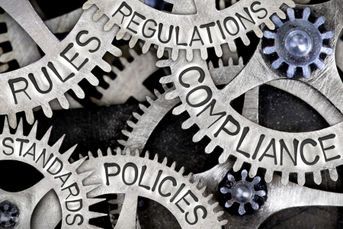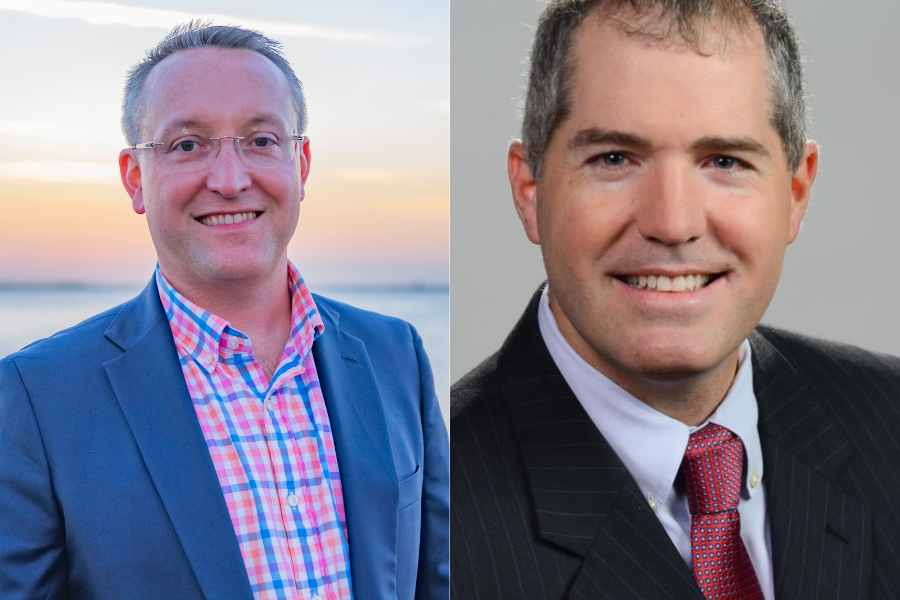Mitigating conflicts of interest in compensation
Self-regulation could yield less government intervention and greater firm flexibility to satisfy fiduciary principles.
Compensation is the most divisive issue in the financial advice industry. It is the subject of intense regulatory scrutiny and is widely used within the field to distinguish (and pit) one group of advisers versus another – those who receive level fees versus others who receive variable compensation including commissions.
The DOL fiduciary rule focused on addressing compensation conflicts in the retirement arena. The SEC is poised to do the same in the retail space. Even individual states have shown interest in entering the fray given the Trump Administration’s backtracking on the DOL Rule and general resistance to regulation. Meanwhile, firms and advisers have increasingly staked their ground on what types of compensation they will accept and how to articulate their value propositions against their competition.
By nature, any compensation places the interests of the adviser in conflict with those of the client. When money moves from the client to the adviser, the adviser immediately benefits financially at the client’s expense.
The basic conflict associated with simply getting paid is mitigated by the adviser receiving no more than reasonable compensation. That obligation is already consistent across fiduciary laws and regulations. “Reasonableness” is based upon what is generally accepted as fair and competitive for necessary services of a like kind and quality under comparable circumstances.
VARIABLE COMPENSATION
When variable compensation like commissions and payments from third parties is involved, new conflicts are added. Incentives raise the risk of the adviser compromising the client’s best interest to benefit personally, either directly or indirectly. Mitigating the conflict of variable compensation requires substantially more effort. It requires full disclosure, informed consent by the client, and fulfilment of policies and procedures designed to reasonably assure that the conflict is managed in a manner that serves the client’s best interests.
(More: 401(k) advisers under pressure to keep up with due diligence of investment products.)
In theory, that should be enough guidance for advisers to behave in a way that accomplishes regulators’ goals. In practice, a substantial and growing body or behavioral research suggests there is a big complicating factor. Everyone is predisposed to act in their own best interests and may deceive themselves about their vulnerability to incentives.
Dan Ariely, the James B. Duke Professor of Psychology and Behavioral Economics at Duke University, captures the problem in this statement: “The most difficult thing is to recognize that sometimes we too are blinded by our own incentives. Because we don’t see how our conflicts of interest work on us.”
Ariely also notes: “The people who need to overcome temptation to the highest degree have the hardest time doing it.” In other words, a desire to overcome conflicts is rarely enough. Advisers need to not only recognize conflicts and be sincerely committed to managing them properly, they need structural impediments to prevent fiduciary obligations from being compromised, even unwittingly.
In addition, Ariely observes: “One of the big lessons from behavioral economics is that we make decisions as a function of the environment that we’re in.” So what does that mean as legislators, regulators, and the public consider what are acceptable compensation practices in the financial services industry? How far can intermediaries be trusted to create a culture of fiduciary responsibility for advice and aggressively self-regulate by voluntarily doing some of the very things governmental watchdogs want to require?
PROACTIVE CHANGES
Some firms are proactively making changes: providing fiduciary training; ending sales rewards programs; eliminating or leveling compensation in products; implementing impartial conduct standards; strengthening fiduciary oversight; adopting protocols to separate advice from transactional brokerage activities; and improving communications with clients and within the firm to strengthen the company’s brand and culture.
(More: Beyond compensation: How top firms are keeping employees motivated.)
The breadth and pace of change in the current environment of regulatory uncertainty will be telling about the resolve and readiness of the marketplace to evolve. The payoffs for consistent and effective self-regulation could be huge.
Less need for prescriptive governmental regulation to close loopholes. Greater flexibility for firms to satisfy fiduciary principles using methods that best suit their circumstances. Improvement in the “trustworthiness” reputation of financial advisory services (now near the bottom of professional rankings, at roughly the level of members of Congress). Reduced “Wall Street” versus “Main Street” rhetoric.
Finally, and most importantly, better advice for the public delivered according to high ethical and competency standards applied consistently throughout a more discernable profession.
Blaine F. Aikin is executive chairman of fi360 Inc.
Learn more about reprints and licensing for this article.







